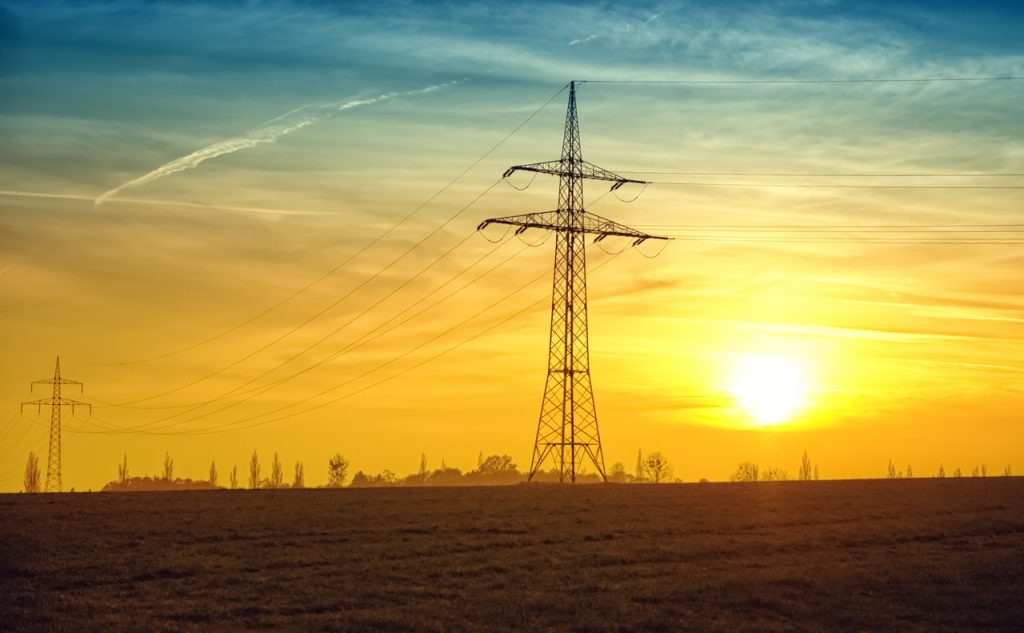A solar electric system and the utility power grid are both tied into the property’s main electrical panel. The existing utility company meter will measure the amount of electricity taken from the grid and consumed at the property. Also, excess electricity produced by the solar system and not required by the property flows back onto the grid, measured by this same meter.
The electricity measured and purchased from the grid is priced according to the utility plan selected by the customer, usually varying by the season, summer versus winter, and time of day, peak versus off-peak. Excess solar power is measured by turning this meter backward, crediting the customer’s account at a price similar to off-peak power.
The monthly bill from the utility subtracts the grid power purchases from the solar power credits, plus fixed fees. A positive amount is paid by the customer while a credit is carried to the next month’s bill. If at year-end the customer has a credit on their bill, the utility will issue a refund cheque.
A solar electric system will also have a meter supplied by the utility to measure total solar power production. Before this solar meter, a disconnect is installed, where solar power can be manually disengaged from the main electrical panel and grid. It will automatically perform this same function in the event of a power failure. This prevents solar power from energizing the grid and causing potential harm to utility personnel attempting to restore power.
The exception is if a battery backup system is installed. Then, with a grid power failure, the combination of solar and battery power continues to power the property. This may be all circuits in the main electrical panel or only those critical circuits in a subpanel.
Critical circuits may include an AC unit, refrigerator, freezer, some lights and outlets. The solar, battery and property circuits are automatically isolated from the grid during a power failure.
A typical solar electric system will provide all of the property’s power requirements and produce excess electricity during the hours which the sun is at its highest arc. At other daytime hours, the solar will provide most of the electricity, supplemented by utility power from the grid. Through the night, all the property’s electricity requirements will flow from the grid.
If a battery backup system is installed, excess daytime solar production is used to charge the battery. In the late afternoon and early morning and the battery then supplements solar power to the property. After sunset the battery provides the property with all electrical requirements, avoiding the need to purchase expensive peak power from the utility.
The battery may also be recharged from the grid utility through the night during the off-peak period, depending on the relative size of the solar system and battery capacity. With sufficient sizing of both, the excess solar power stored in the battery may be sufficient to power the property from late afternoon through to early the next morning when the solar can once again take over.
Solar and grid power are a complementary combination, and battery backup provides more options to save money with further security and less reliance on the grid.







